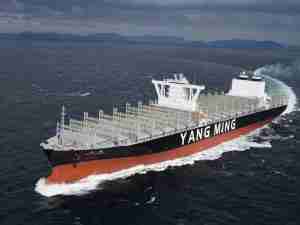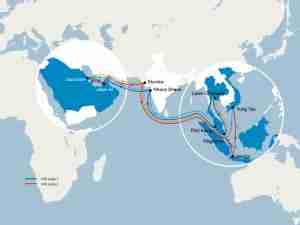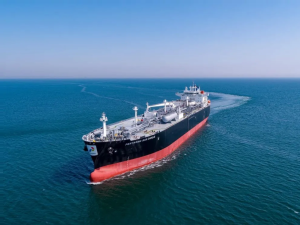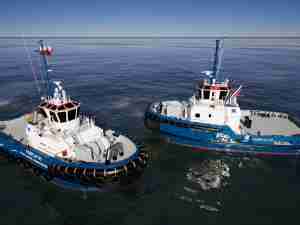German bank NORD/LB announced it had almost trebled loan impairment charges for its ship portfolio in 2012. Other banks have also reported rises to their loss provisions for shipping exposures. The increases were more pronounced for German banks. The prolonged industry downturn has prompted the German regulator BaFin to place greater scrutiny on banks' shipping exposures.
We believe the shipping crisis will last longer than originally expected, until at least end-2014. Sectors such as dry bulk, container and crude tanker have particularly suffered from supply overcapacity, meaning that the market imbalances are likely to take longer to ease. Market trends, such as an increased preference for larger and more fuel-efficient vessels, may also further depress demand for certain vessel types in these sectors. Our bank ratings already factor in these risks, so ratings impact is unlikely.
The Nordic banks have been able to offset the weaker performance in their shipping loans with resilient Swedish and Norwegian portfolios. The Nordic banks are typically more conservative in financing structures, and focus on larger ship companies with multiple cash flows and a larger fleet of vessels available for collateral. Shipping does not represent a material proportion of the Nordic banks' loans. For example, Nordea's lending to the shipping industry was 3.3% of the group's total. DNB Bank's exposure was less than 10% at end-2012. The downside risk is limited and remains manageable for Nordic banks.
In comparison the downside risks are greater for some German banks active in ship lending where a larger proportion of their loans is in shipping. The Kommanditgesellschaft (KG) or limited partnership structure was commonly used for ship financing in Germany before the start of the shipping crisis.
Subsequently, German ship lenders have shunned this higher-risk structure as investor appetite changed and banks tightened criteria. But medium-term pressure still arises from "legacy" KG lending exposures. The prolonged shipping downturn continues to constrain the creditworthiness of some German banks active in ship lending, and developments in the shipping industry will remain a key rating driver.
Opportunities for banks remain, particularly as some traditional market participants, such as Commerzbank, Lloyds and RBS, are looking to wind down or sell large parts of their shipping portfolios. The lower competition is benefitting lenders' margins, client relationships and collateral, and covenant requirements, partly offsetting the effect of higher loan impairment charges.
Stronger-performing sectors such as liquefied natural gas transportation and offshore could offer banks opportunities to strengthen their market position ahead of a sector recovery. Nevertheless, Fitch expects the banks' appetite for providing lending to shipping companies to remain cautious in 2013. (Reuters)












